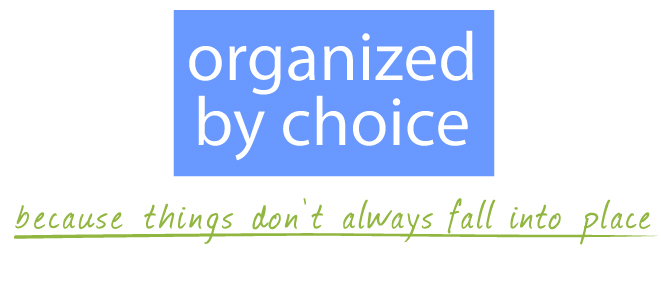On Mother’s Day I received a journal titled “Daily Kairos.” Not being a Greek scholar, I opened the journal to discover the meaning of kairos-- “The suitable or appropriate time for something to occur or for something to be accomplished.”
Why is timing so important? Think for a moment about what happens when we don’t use the “suitable or appropriate time” for things like sorting the mail, paying the bills, grocery shopping, changing the oil, making a phone call, or completing continuing education units. At the least, consequences include things piling up or cramming tasks together. On the critical side, missing deadlines can cost money, career opportunities, and wreak havoc in relationships. The common theme is more stress.
Kairos is a stress reducer, albeit annoying and inconvenient at times. Just now, I heard the washing machine inform me it’s finished with its load. The suitable time for me to put it into the dryer is now. If I don’t, the next three loads won’t get done today. Of course, that wouldn’t be the end of the world, but today I’m home and putting it off means cramming laundry into a busier day. So, I’m getting up, starting another load, and rewarding myself with a cup of coffee-flavored creamer.
Besides not wanting to get up off a chair, what’s keeping us from using kairos and what can we do to enhance our usage? Let’s look at three common scenarios.
Photo by cottonbro (Pexels.com)
1. We fail to deliberately schedule things for a suitable or appropriate time.
For the first few years of my business, I scheduled clients Monday through Saturday, as needed. However, I failed to schedule specific office time for writing my article, doing my QuickBooks, etc. I wasn’t always booked solid, but not having scheduled time for office work meant it was often pushed aside. Now, Mondays are my office day with few exceptions.
Many people are working from home these days and without the structure of an office environment, it can be easy to push aside work or home tasks. Setting a schedule for each is key to getting things done.
Photo by Pixabay (Pexels.com)
2. We’re not realistic about the time tasks will require.
We put things off because we think they will take forever and get overwhelmed, or because we think we’ll be able to zip through and get it done. It’s important to have an appropriate estimation of the amount of time it will take and that requires some planning.
The COVID shutdown created time for me to stock up on CEUs for my re-certification. Next time around, I’ll need to determine and schedule the number of hours it will take per month to complete the requirement.
Consider tracking the amount of time various tasks take. That will enhance your ability to schedule them for a suitable and appropriate time.
Photo by Miriam Alonso (Pexels.com)
3. We don’t have a routine set up for success.
So many of my clients have experienced transitions that took them from order to disorder. When life changes, we sometimes think we should still be able to do things the same way we used to, but we can’t.
Maybe you always processed your mail right after dinner, but now you have kids and there are baths, homework, and stories to read. The mail gets stacked on the counter until company comes, and then gets bagged and put into a closet. The more suitable time for processing mail may now be right after the kids go down.
Creating a daily routine at the appropriate time reduces stress and disorder. The suitable time may be linked to an already established routine that will be more easily remembered.
Wise Words
There is a time for everything, and a season for every activity under the heavens. Ecclesiastes 3:1




